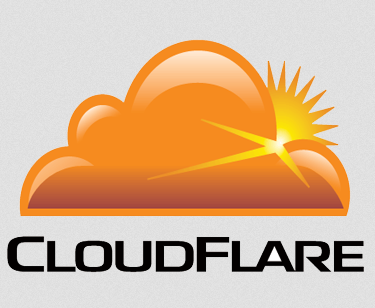Security Experts:

Cloudflare Announces New Security Tools for Email, Applications, APIs
Cloudflare this week made several security-related announcements, offering customers a new web application firewall (WAF) engine, as well as email security and API security tools.
The new email security tools, announced on Monday, are a result of Cloudflare’s recent acquisition of Area 1 Security. Once the acquisition of Area 1 closes — the deal should be finalized in the second quarter — Cloudflare will provide enterprise-grade email security tools to all customers at no additional charge.

“Control, customization, and visibility via analytics will vary with plan level, and the highest flexibility and support levels will be available to Enterprise customers for purchase,” the company explained.
On Tuesday, the web performance and security company announced the availability of its new WAF engine and managed rulests for free to all customers. The goal is to help small application owners and developers protect their products against high-impact vulnerabilities, such as the recent Log4j flaws.
Free plan users will receive access to the WAF interface in the dashboard and they will be able to configure new rulesets. However, Cloudflare’s broader set of WAF rulesets and advanced WAF features will only be available to customers with a Pro or higher plan.
On Wednesday, Cloudflare announced a new API gateway designed to help organizations manage, monitor and secure all of their APIs. The new tool leverages machine learning to automatically detect new APIs and block threats.
Related: Cloudflare Launches Public Bug Bounty Program
Related: Cloudflare Launches New Zero Trust Networking, Security Platform
- Meta Disables Russian Propaganda Network Targeting Europe
- Researchers Crowdsourcing Effort to Identify Mysterious Metador APT
- Google, Apple Remove 'Scylla' Mobile Ad Fraud Apps After 13 Million Downloads
- Senators Push to Reform Police's Cellphone Tracking Tools
- GuidePoint Security Launches ICS/OT Security Services
- New Infostealer Malware 'Erbium' Offered as MaaS for Thousands of Dollars
- Defense Giant Elbit Confirms Data Breach After Ransomware Gang Claims Hack
- Samsung Sued Over Recent Data Breaches
- Two Remote Code Execution Vulnerabilities Patched in WhatsApp
- Australian Police Probe Purported Hacker's Ransom Demand


